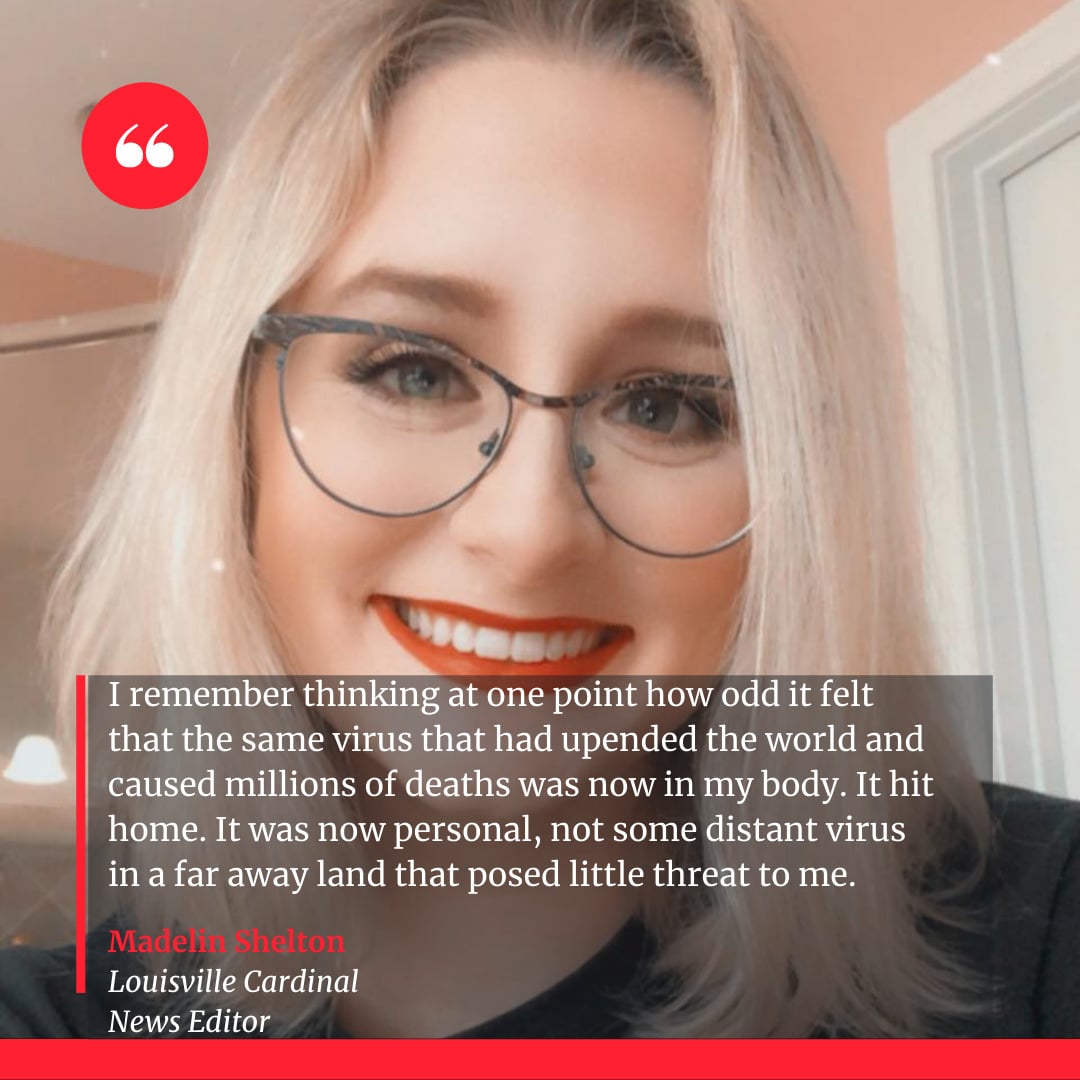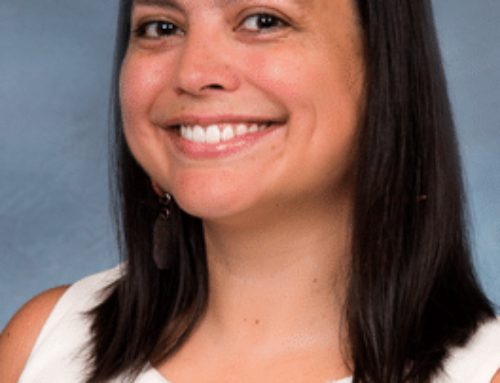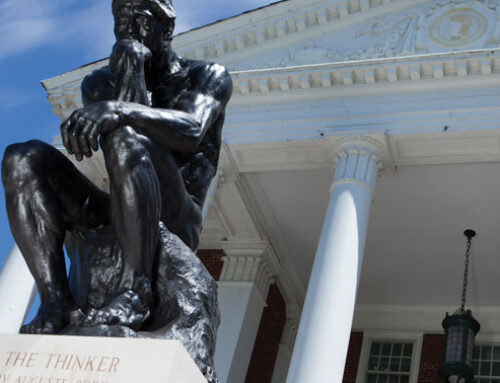By Madelin Shelton —
When I first felt a scratch in my throat, COVID-19 was the last thing I expected. I woke up one morning feeling a little under the weather. By the time I went to sleep that night, I had developed a minor cough that wouldn’t stop. It felt as if something was itching that my body just couldn’t bring up.
A few days went by and I was convinced it was a cold from the minor symptoms I had. That is, until, I began to feel my senses of taste and smell weaken. At this point, my thinking turned from having a cold to believing I had the novel coronavirus.
I immediately scheduled an appointment with the university’s testing center and began self-isolating.
The test itself was easy. I drove to Cardinal Stadium and was directed towards the Brown & Williamson Club, where I waited in a short line to be directed to a testing station.
While the swab was slightly uncomfortable, it was in no way painful and I was able to leave Cardinal Stadium within 15 minutes. However, this was before the university mandated testing, which has since seemed to cause extended lines at testing sites.
After my test, my symptoms began to worsen. I completely lost my sense of taste and smell. It took several days for it to come back, and those symptoms still have not resolved completely. My cough got gradually worse, especially at night.
I received my positive diagnosis two days after taking the test and was called by U of L’s Campus Health Services to conduct contact tracing and go over the rules of self-isolation. I was also contacted by my local health department in my home county with similar questions and information.
I then began a period of quarantining in which I could not leave my house, even for groceries, until it had been 10 days since my first day of symptoms. All groceries had to be delivered either through Kroger’s delivery program or by gracious friends.
My roommate, who I had been around extensively, also had to begin a period of self-isolation for 14 days to watch for symptoms. Although, she was tested twice and both came back negative.
Luckily, I only had one in-person class that I could not attend. My professor was very understanding and directed me towards his recorded lectures for the classes I had to miss.
It was a surreal experience. The virus, for the most part, seemed like a distant crisis to me. My rural Kentucky county had very few cases and, up to that point, no close family or friends had tested positive or been directly affected.
I remember thinking at one point how odd it felt that the same virus that had upended the world and caused millions of deaths was now in my body. It hit home. It was now personal, not some distant virus in a far away land that posed little threat to me.
I just hoped that my immune system would do its job well.
It was also odd reading the anomaly cases of COVID-19 mentioned in news stories. Stories featuring people who were otherwise young and healthy having freak complications from COVID-19.
The most unnerving was a young man around my age who also had mild symptoms but then went into organ failure weeks later.
Thankfully, I have had no significant complications from my case of COVID-19. I am extremely lucky to have had such mild symptoms and to be almost back to normal. I know many are not able to say the same.
To my fellow students, wear your masks, social distance and get tested if you feel sick.
Graphic by Eli Hughes//The Louisville Cardinal





